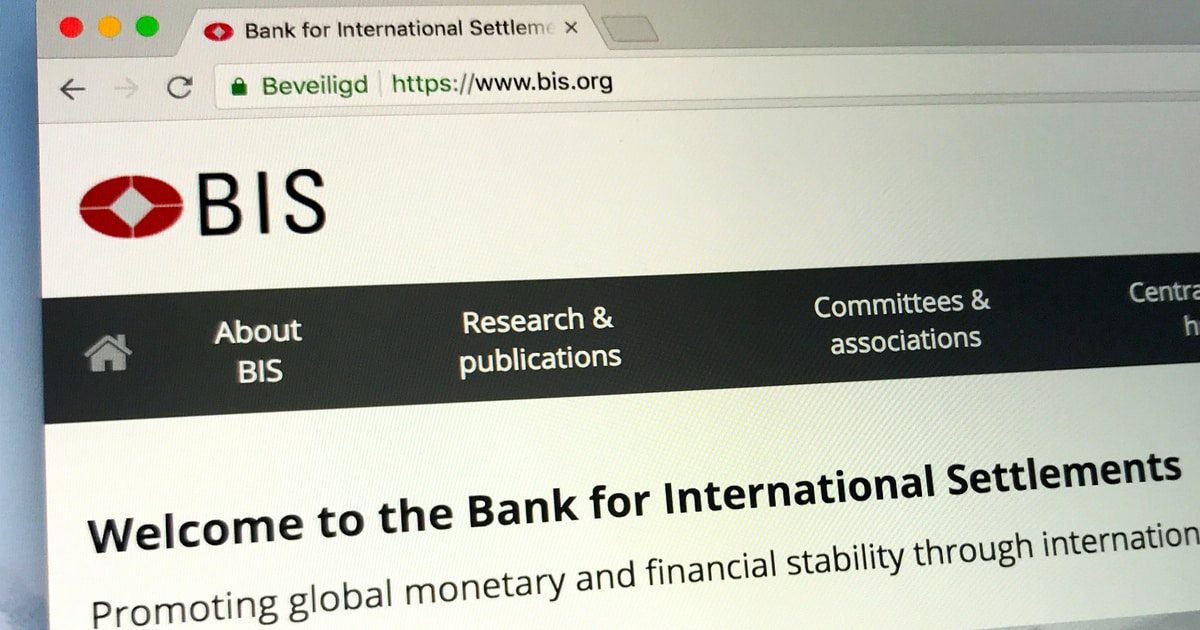Financial Stability Risks from Cryptoassets in Emerging Market Economies Highlighted by BIS
Luisa Crawford Aug 23, 2023 09:00
The Bank for International Settlements (BIS) and the Consultative Group of Directors of Financial Stability (CGDFS) have released a report on the financial stability risks from crypto assets in emerging market economies. The report highlights the rapid evolution of digital finance and the potential risks associated with cryptoassets, such as market, liquidity, credit, operational, and capital flow risks.

The Bank for International Settlements (BIS), in partnership with the Consultative Group of Directors of Financial Stability (CGDFS), unveiled a detailed report on August 22, named "Financial stability risks from crypto assets in emerging market economies." This research, spearheaded by BIS-affiliated central banks from nations such as Argentina, Brazil, Canada, Chile, Colombia, Mexico, Peru, and the United States, explores the possible repercussions of cryptoassets on the financial stability of emerging market economies (EMEs).
The report underscores the rapid evolution of digital finance and the swift growth of cryptoassets. While these assets have been promoted as low-cost payment solutions and alternatives for accessing the financial system, especially in countries with high inflation or exchange rate volatility, they have also "amplified financial risks" in less developed economies. The study specifically points out the "illusory appeal" of cryptocurrencies like Bitcoin as quick solutions to financial challenges in emerging markets.
Furthermore, the BIS report identifies various risks associated with cryptoassets, including market, liquidity, credit, operational, bank disintermediation, and capital flow risks. One significant concern highlighted is the potential for price volatility to propagate into market risk through direct holdings of cryptoassets by institutions or households. As the price of these assets fluctuates, holders face the risk of incurring substantial losses.
The study also touches upon the potential risks associated with Bitcoin exchange-traded funds (ETFs) in emerging markets. Such products can lower entry barriers for less sophisticated investors, increasing their exposure. The authors of the study caution that Bitcoin ETF investors might not own any crypto assets but could still face significant losses when Bitcoin's price drops.
Additionally, the BIS advocates a cautious approach to crypto regulation. While some jurisdictions, like China, have opted for outright bans, others have sought to manage the industry through regulation. The BIS emphasizes the importance of not reacting in an "excessively prohibitive manner" as it could push crypto activities underground. Instead, the institution suggests a balanced approach, urging local regulators to adopt selective bans, containment, and regulation of specific crypto assets.
In conclusion, while the BIS and other reports highlight the potential risks associated with cryptoassets in EMEs, they also acknowledge the potential of the underlying technology. The challenge for regulators and policymakers will be to channel this innovation in socially useful directions while safeguarding financial stability.
Image source: Shutterstock.jpg)